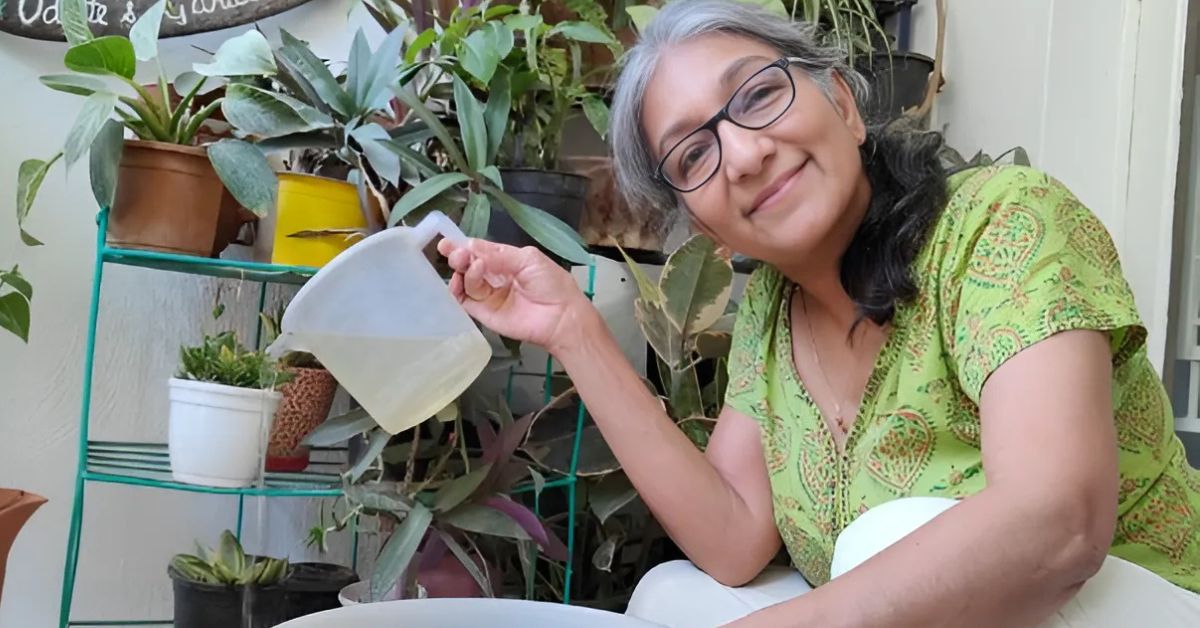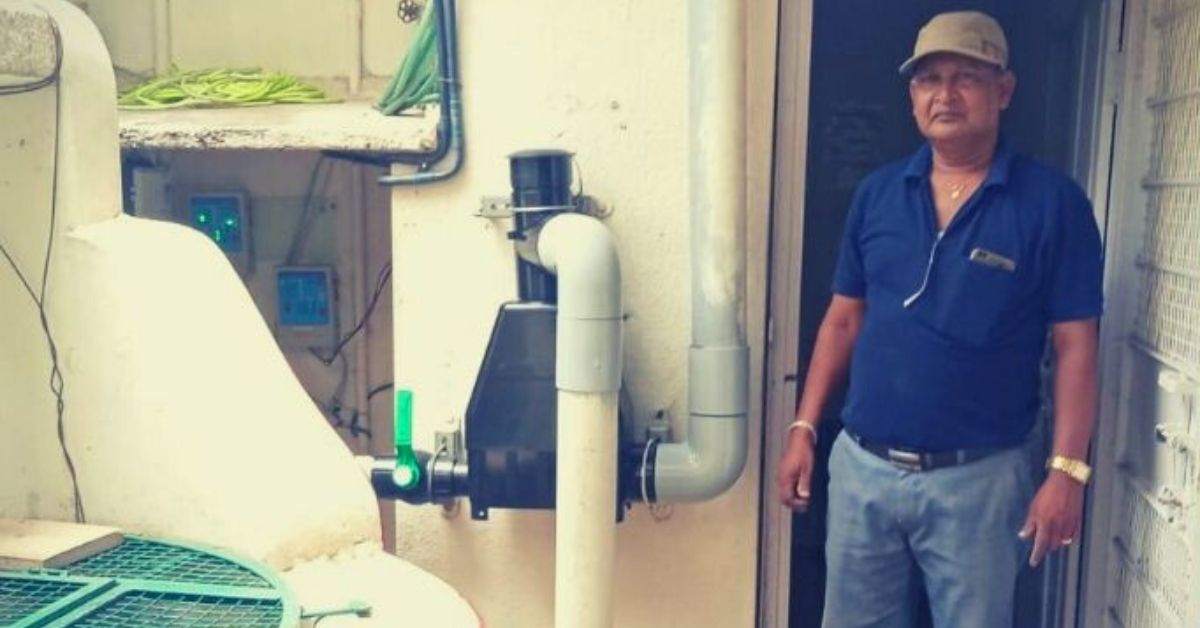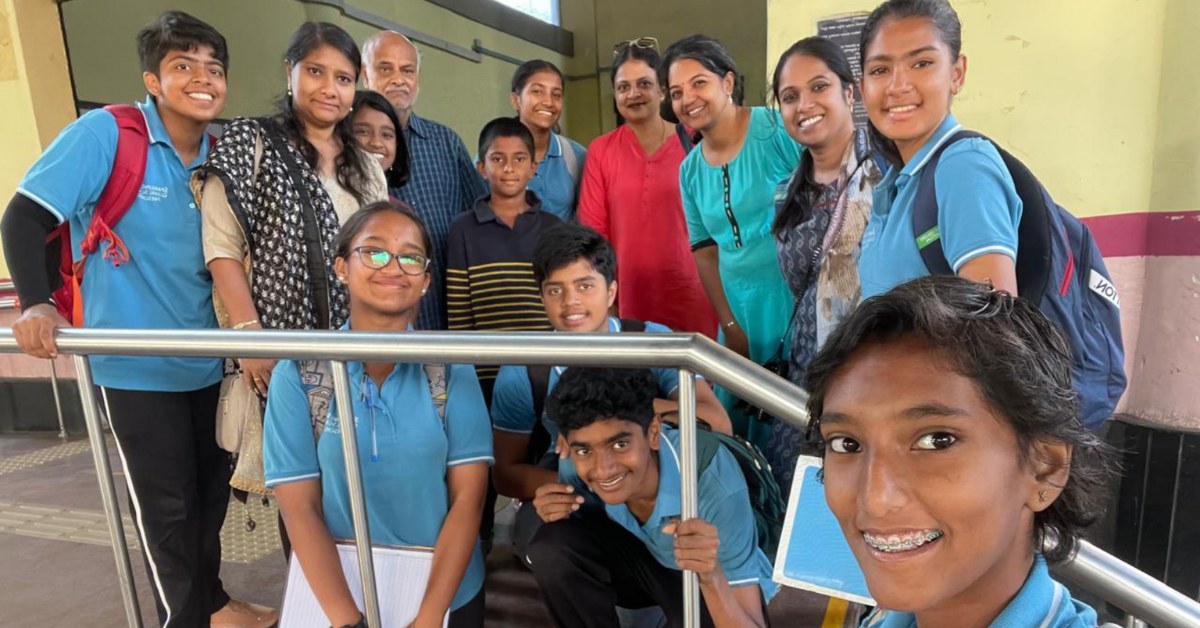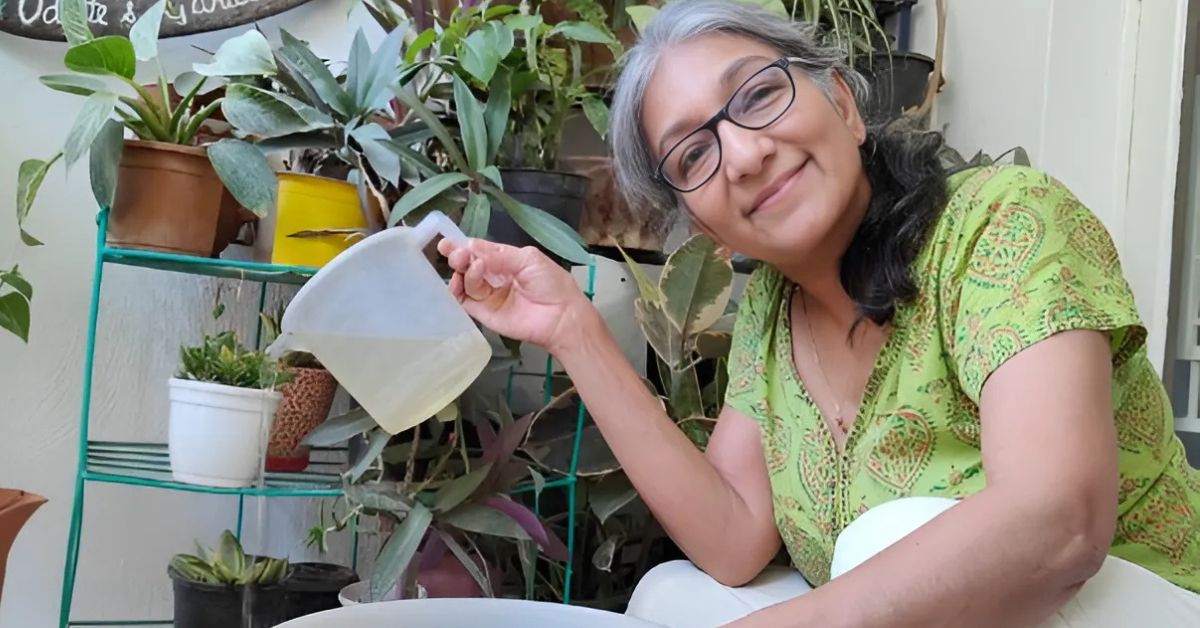As summer approaches, Bengaluru braces for a potential water crisis. With depleting groundwater levels and unpredictable rainfall, the city has had to impose strict regulations on water usage.
The Bangalore Water Supply and Sewerage Board (BWSSB) has now banned the use of potable water for non-drinking purposes like washing vehicles, driveways, and construction work. Violators face a fine of Rs 5,000, as authorities push for alternative water conservation methods to tackle the crisis.
Amidst these restrictions, four Bengalurians have emerged as changemakers, pioneering innovative methods to conserve water and inspire sustainable living.
1. Hariharan Chandrashekhar
Environmentalist and urban planner Hariharan Chandrashekhar is a champion of water conservation, particularly among Bengaluru schoolchildren. Through his Rain Reach Programme, he has implemented rainwater harvesting systems in numerous government schools, providing thousands of students with access to sustainable water sources.

The programme installs rainwater harvesting, sewage treatment, and water reuse systems in municipal schools. Rain gauge weather stations and digital meters empower students to track rainfall. This initiative has helped 40 Bengaluru schools save an impressive 34 million litres of water.
Click here to read more.
2. Odette Katrak
Odette Katrak, a 60-year-old environmental activist and ardent follower of the EcoWaternomics framework, advocates for greywater recycling as a sustainable alternative. Known for her three-mug baths, Odette says she has reduced her water consumption while bathing from 75 litres to 3.6 litres daily.

Odette, who is the co-founder of Beautiful Bharat — a citizen-led movement to bring about a systemic social change in the mindset of people — runs a Save-water campaign that includes a Minimum Water Challenge. “Why wait for a water crisis to start? Let’s use water as carefully as we would if we had to first carry it. Because every drop does count!” she says.
Click here to read more.
3. Uma Maheshwara
Water conservationist Uma Maheshwara has dedicated the last 13 years to making rainwater harvesting a practical reality for Bengaluru residents. As a plumbing contractor with the Bangalore Water Supply and Sewerage Board (BWSSB), he has installed over a thousand rainwater harvesting (RWH) systems across the city.

Having built his own RWH system in 2007 for a one-time investment of Rs 10,000, Uma saves approximately 1 lakh litres of water annually — equivalent to 20 tanker loads. By showcasing the simplicity and affordability of RWH techniques, he has empowered countless families to establish their own sustainable water sources, building long-term resilience against water shortages.
Click here to read more.
4. Sparkling Mindz Global School
A group of students from Sparkling Mindz Global School under the leadership of Sreeja Iyer has taken urban water conservation into their own hands. Through their mission named ‘TRUI: Tinker, Reduce, Reuse and Recycle, Upcycle, and Innovate’, they are circling from questions to answers and back to more questions to crack open grassroots solutions to the water crisis and the floods.

By encouraging young minds to think critically about water usage, these students are fostering a culture of responsible consumption from an early age, ensuring that future generations prioritise water conservation.
Click here to read more.
These changemakers prove that water conservation is not just the responsibility of the government but of every individual. Their initiatives serve as powerful examples of how citizens can take proactive steps to combat Bengaluru’s water crisis. By adopting similar practices, more residents can contribute to a future where every drop is valued and wisely used.
Edited by Arunava Banerjee
